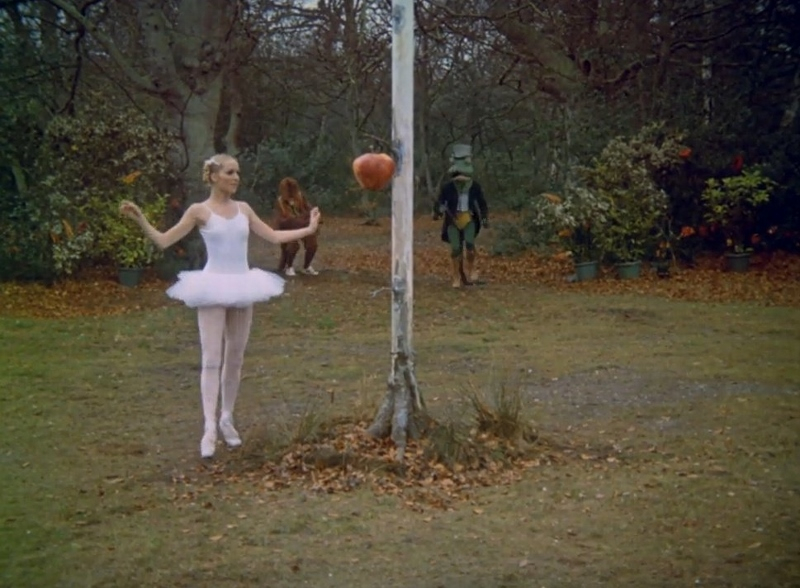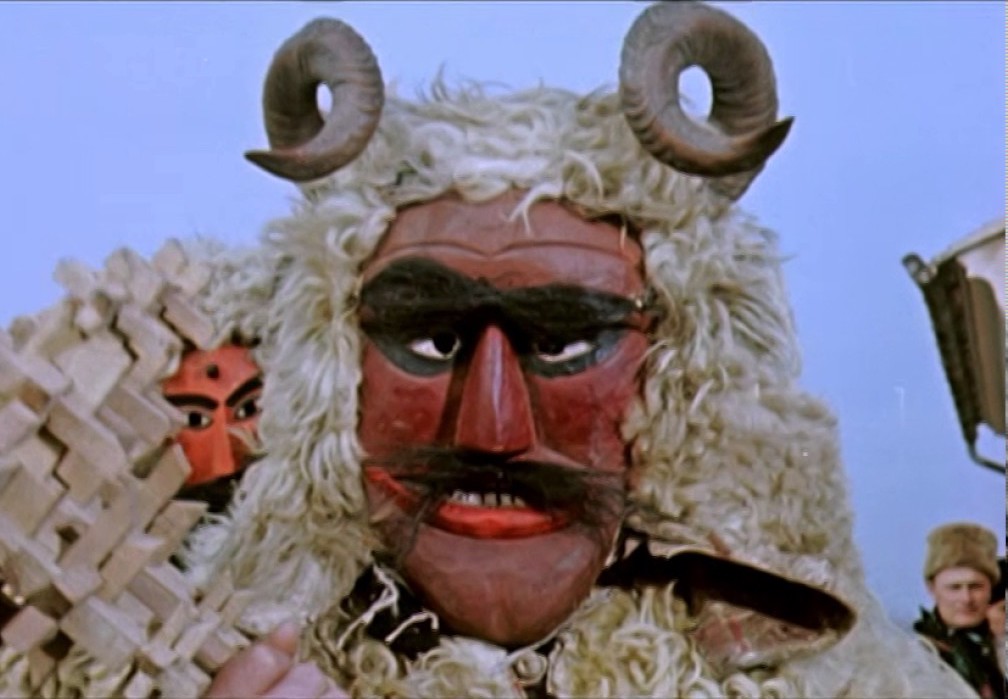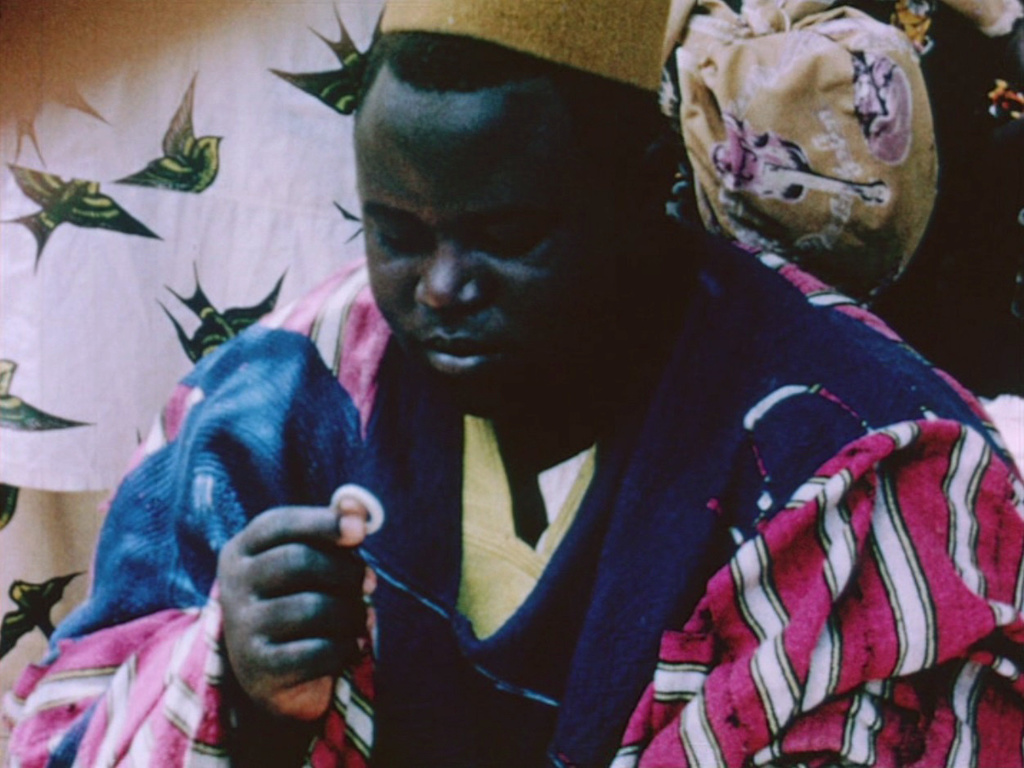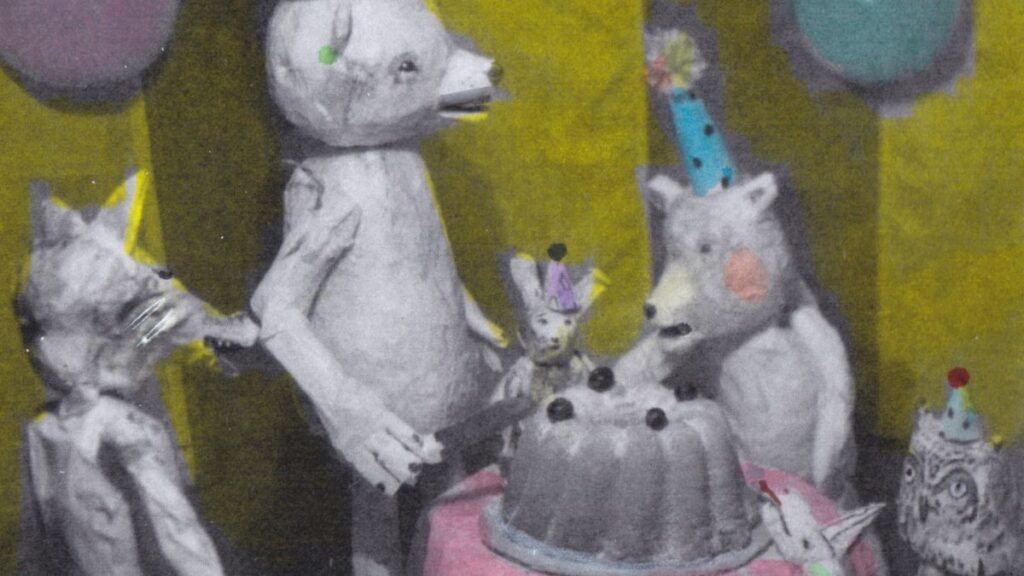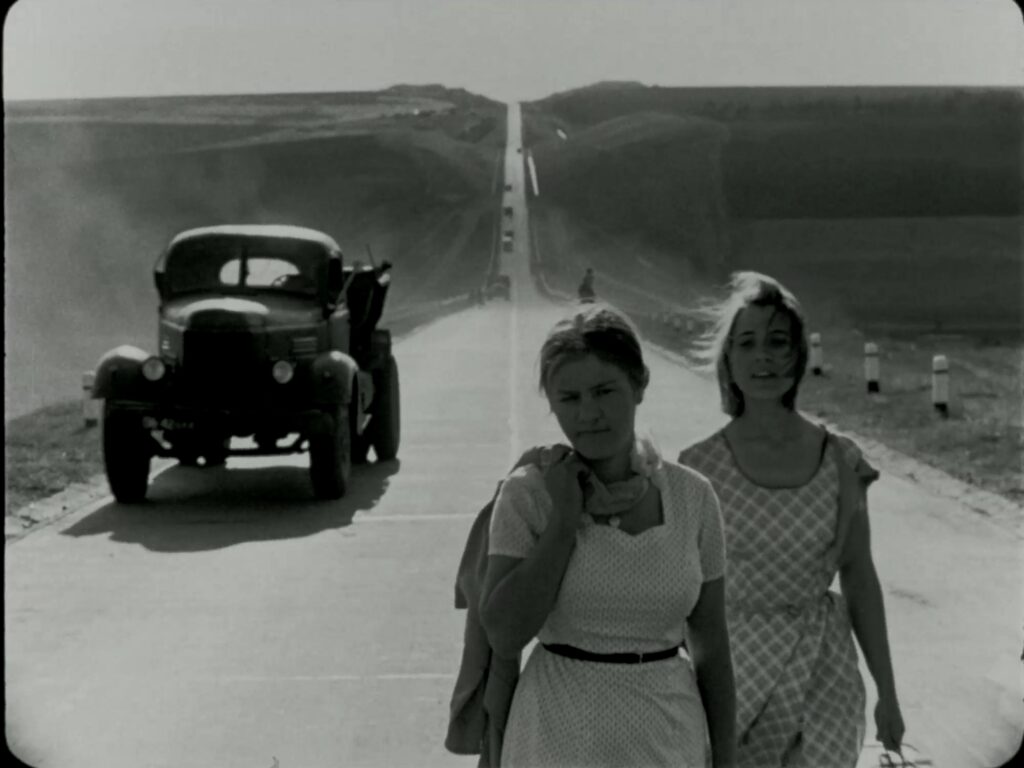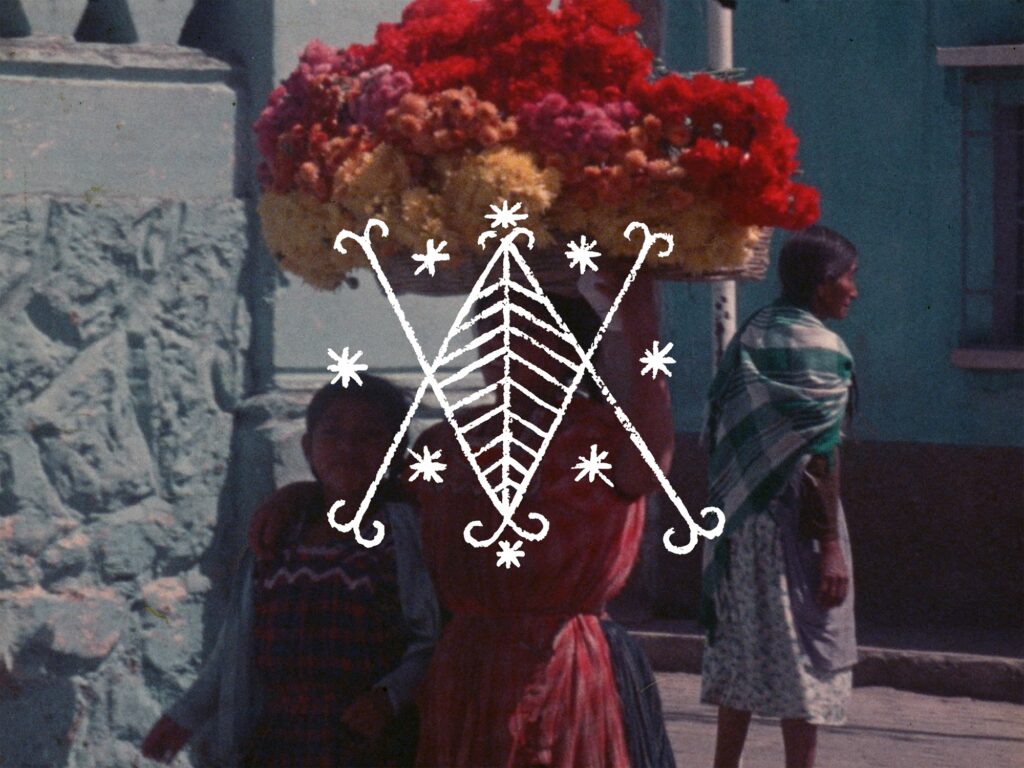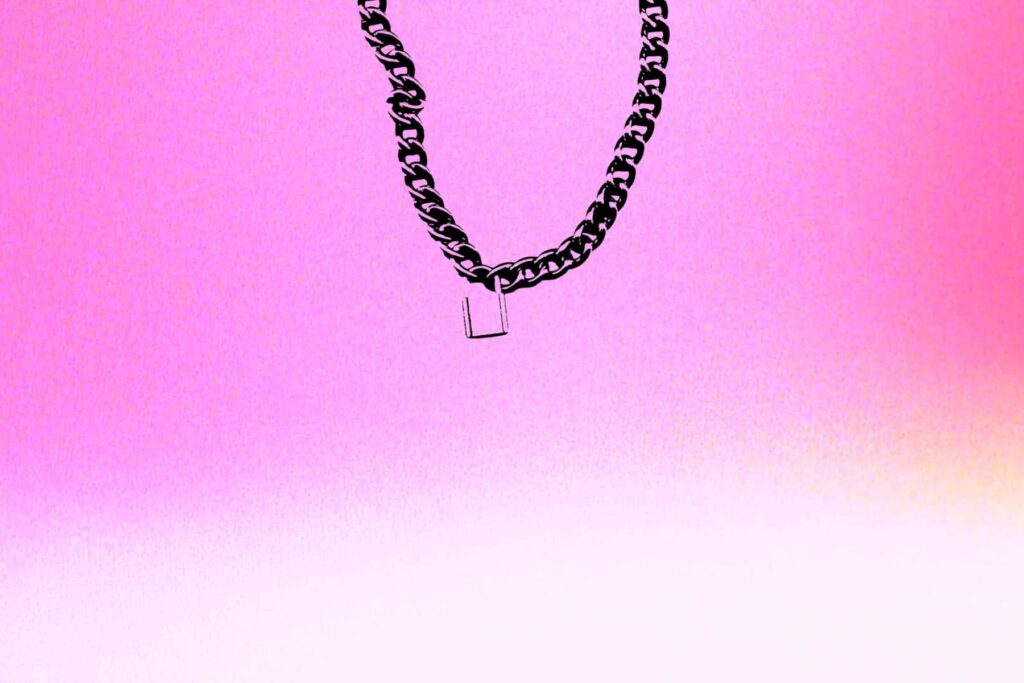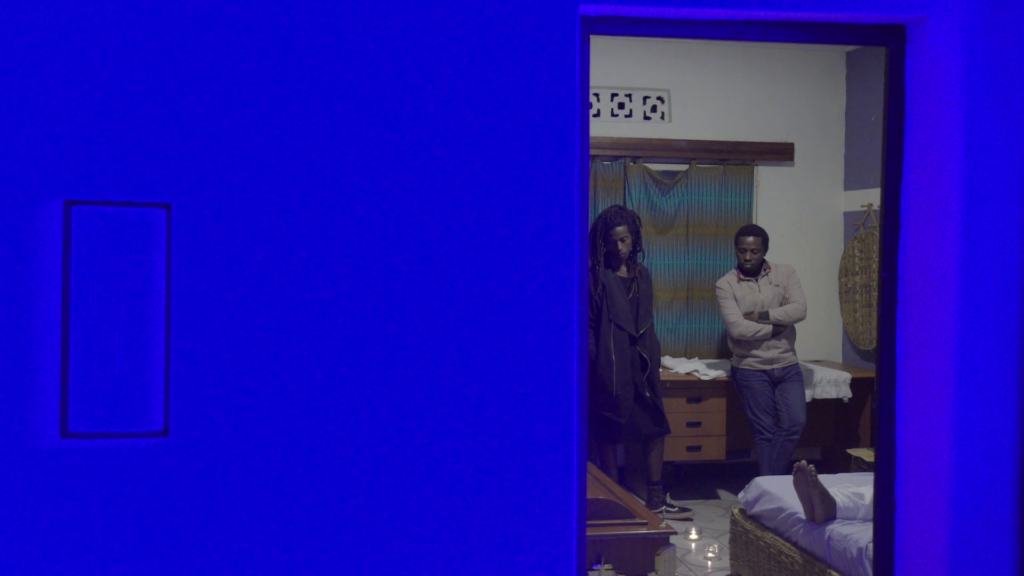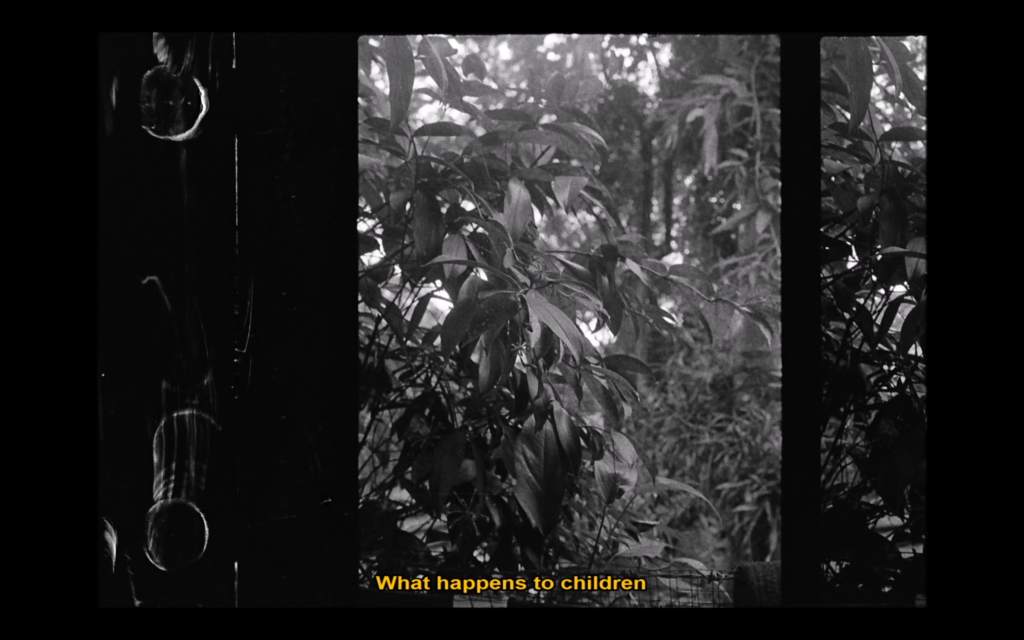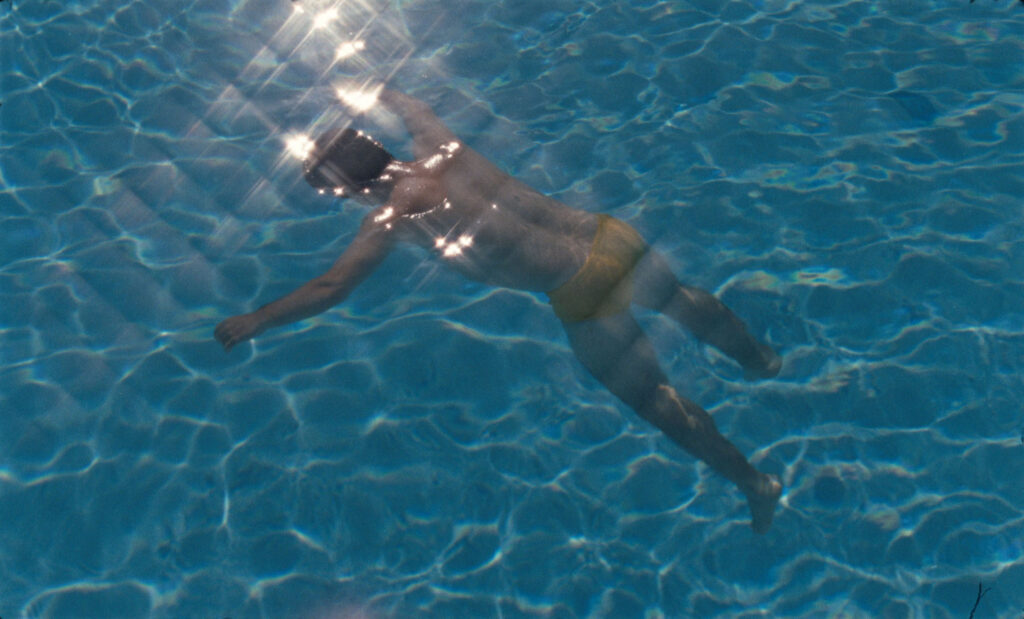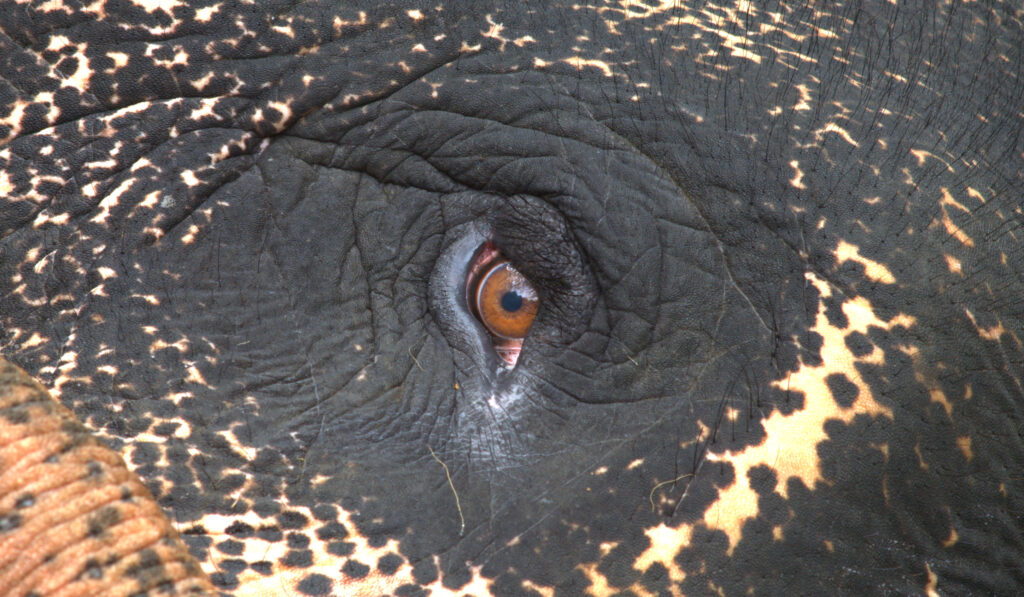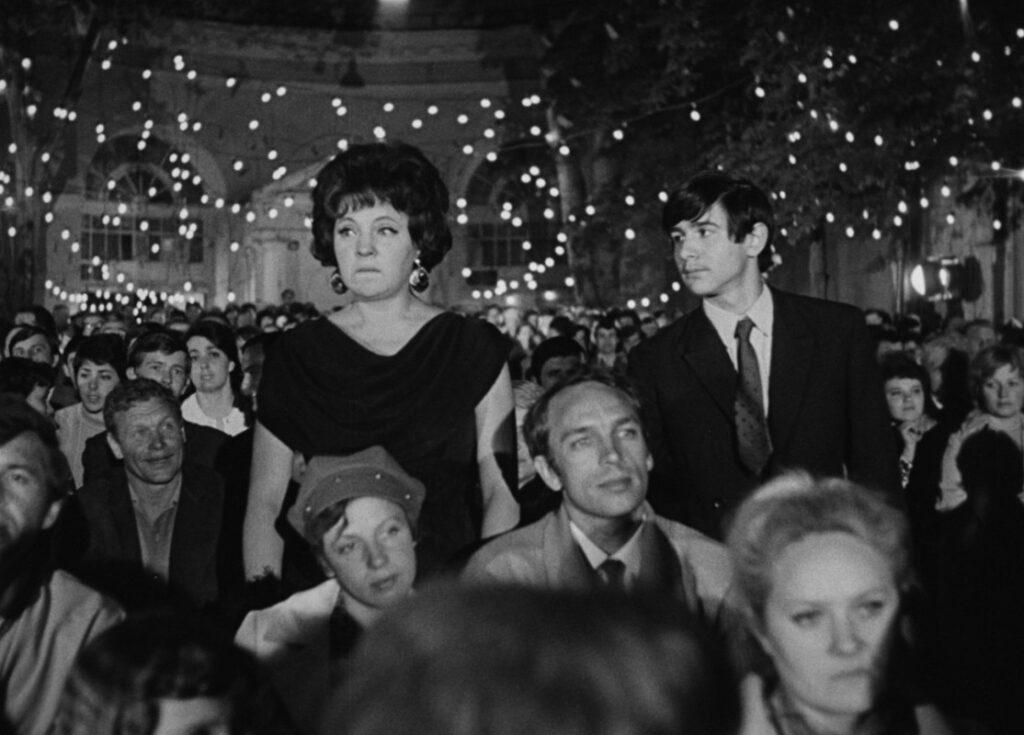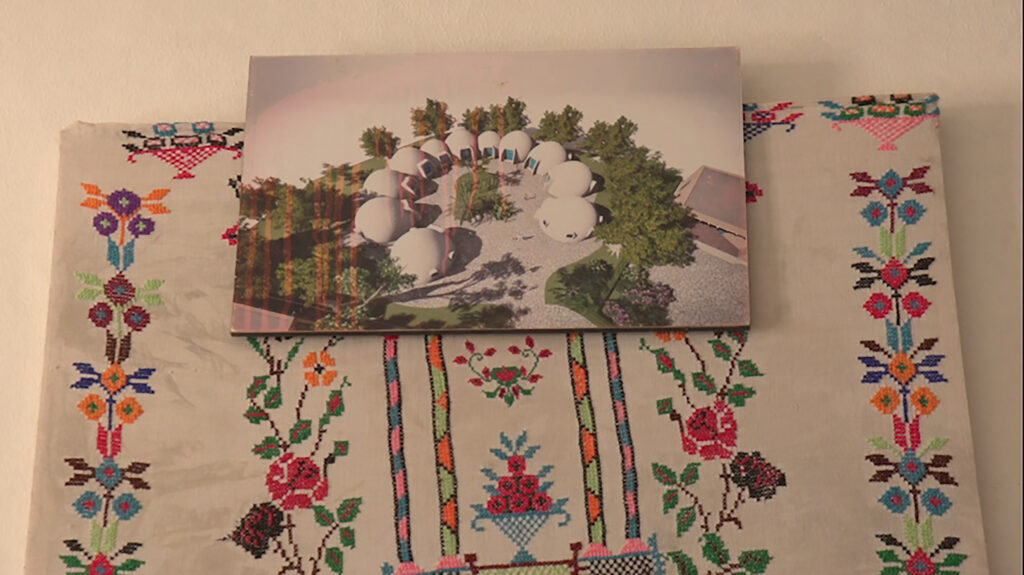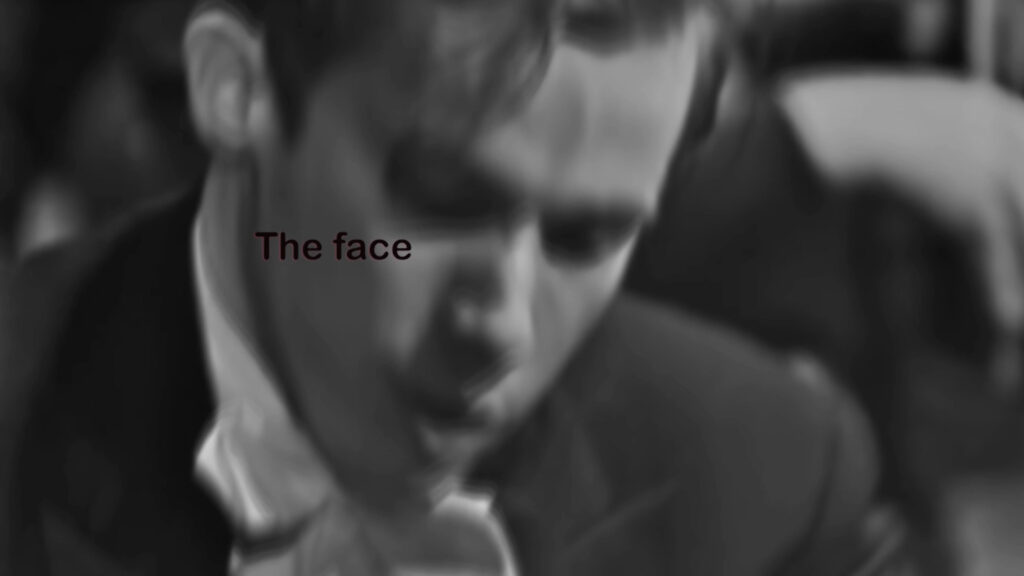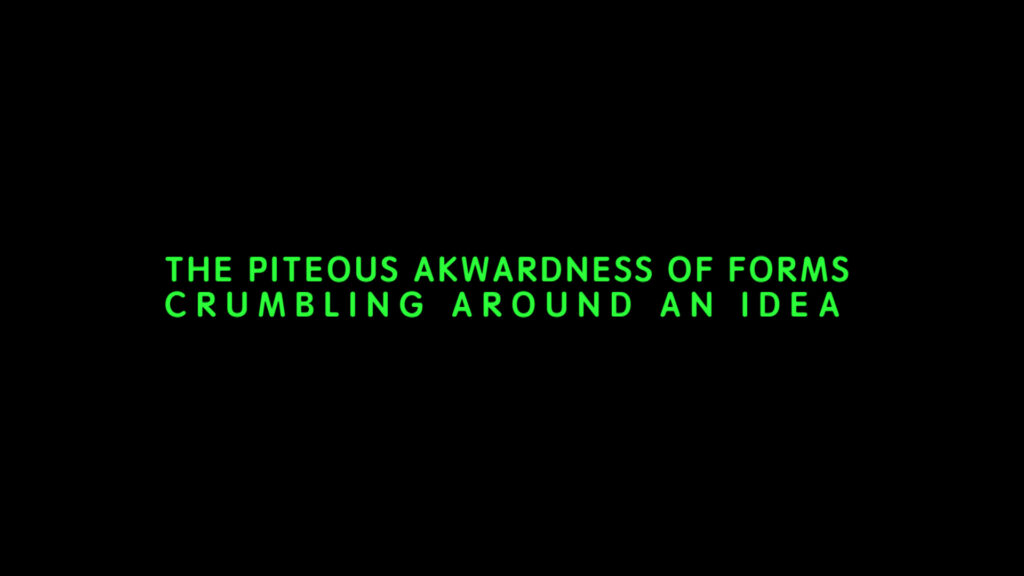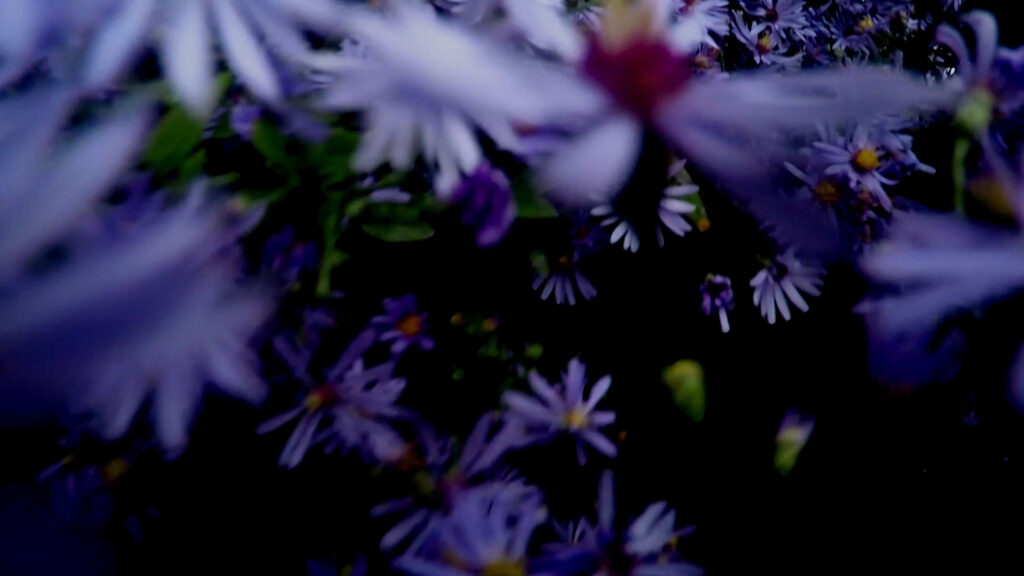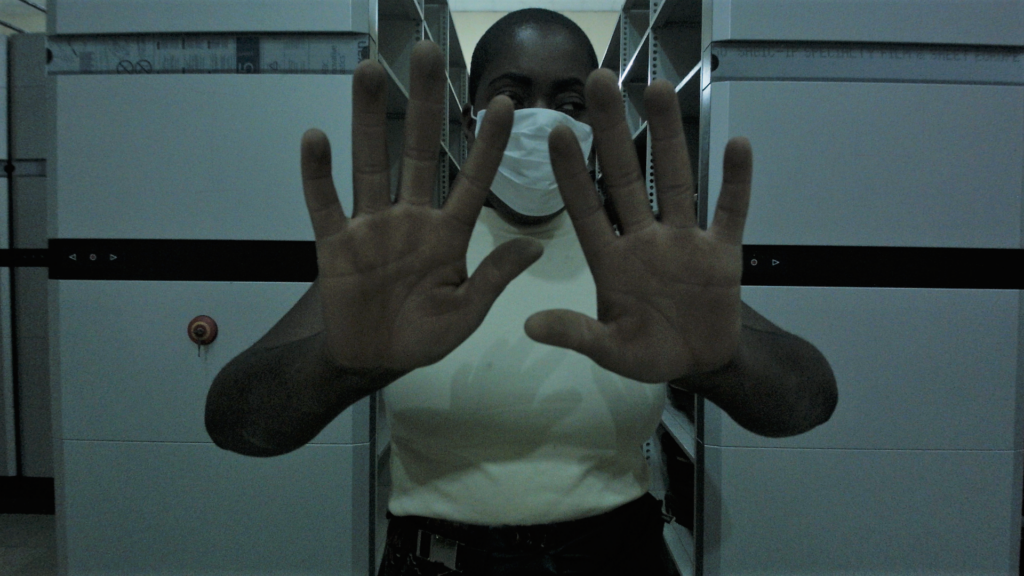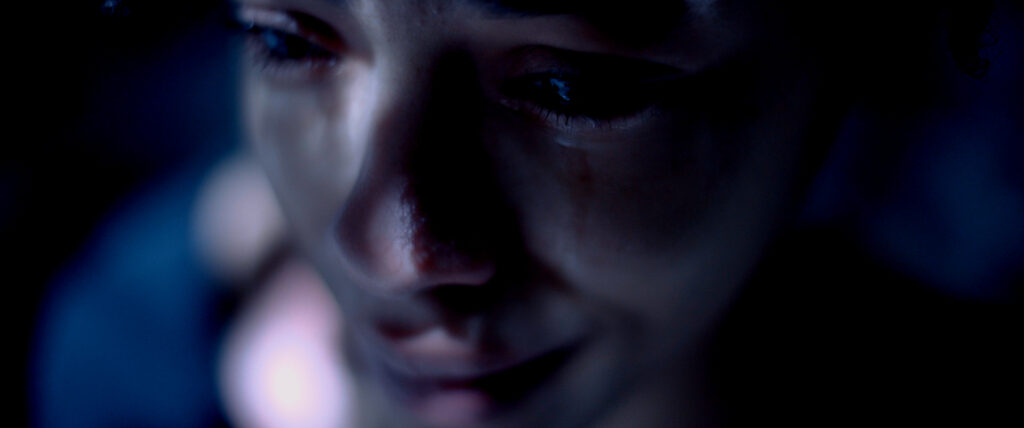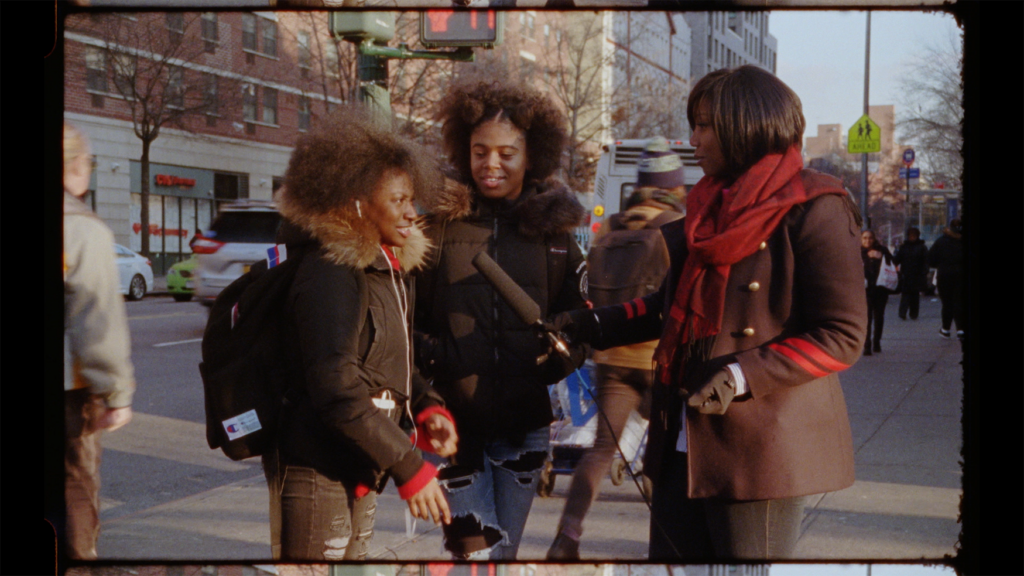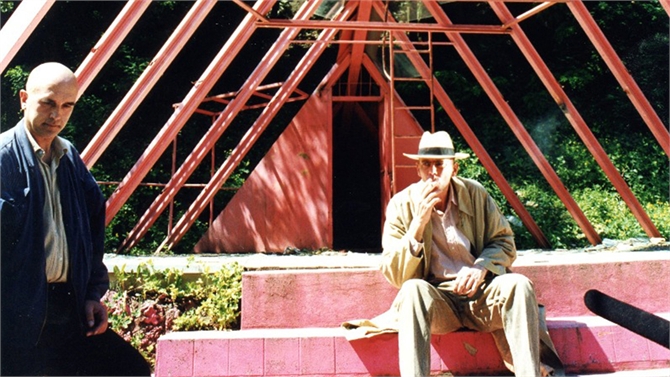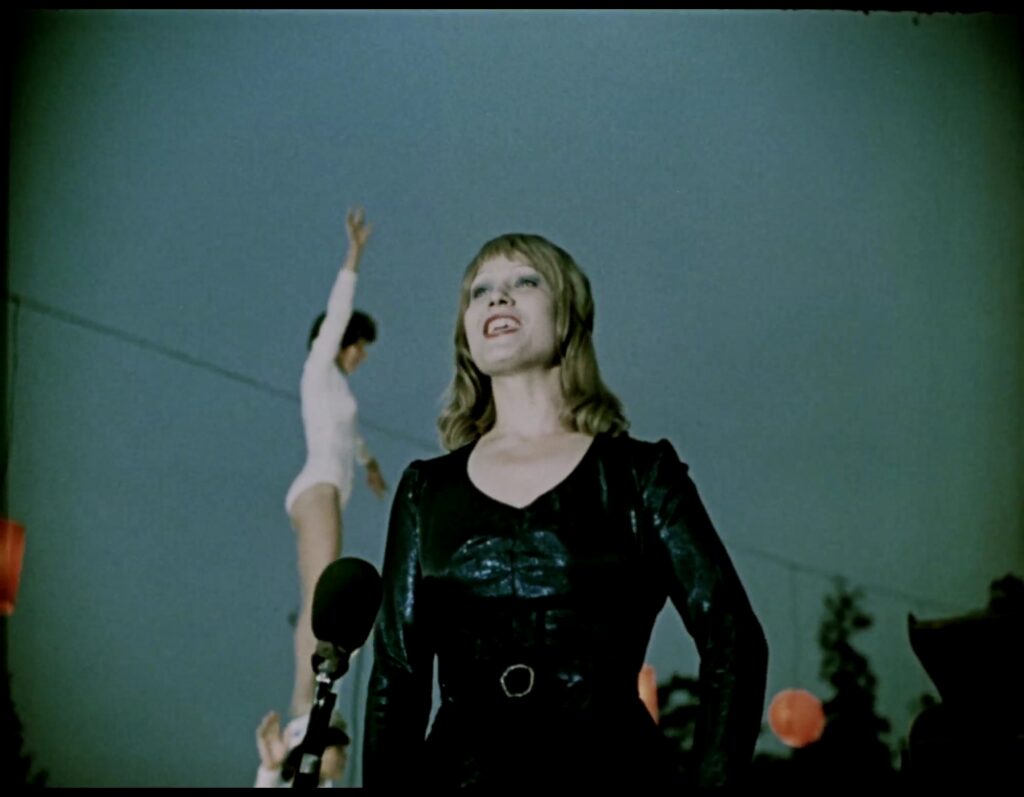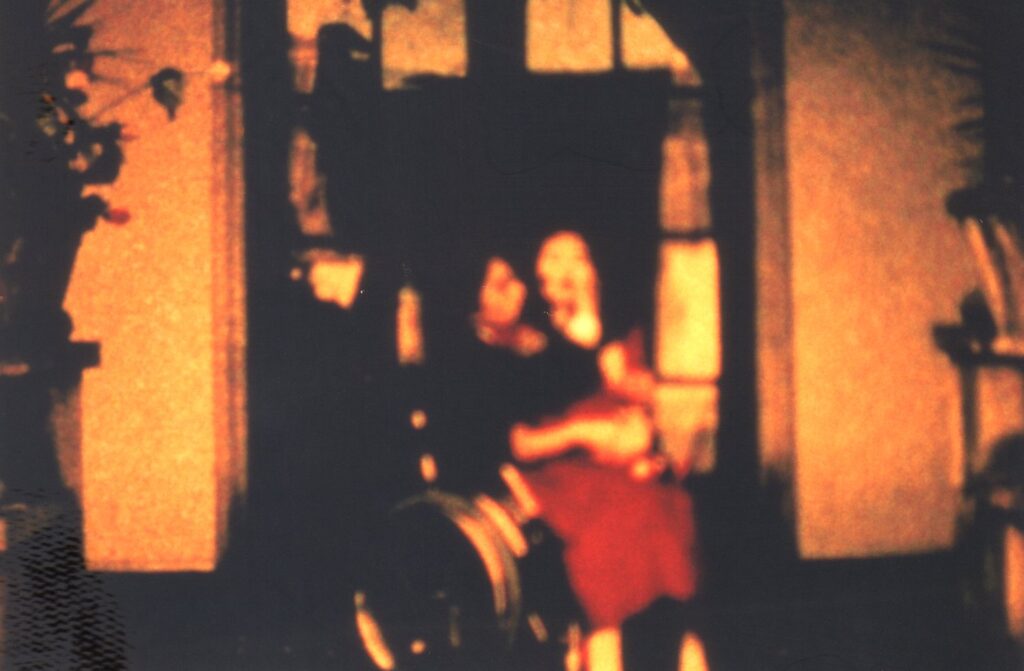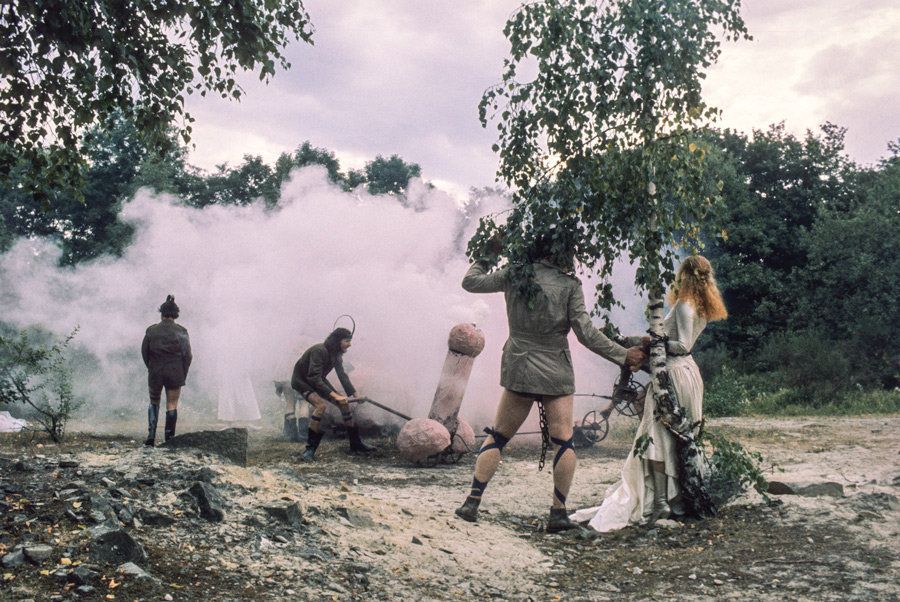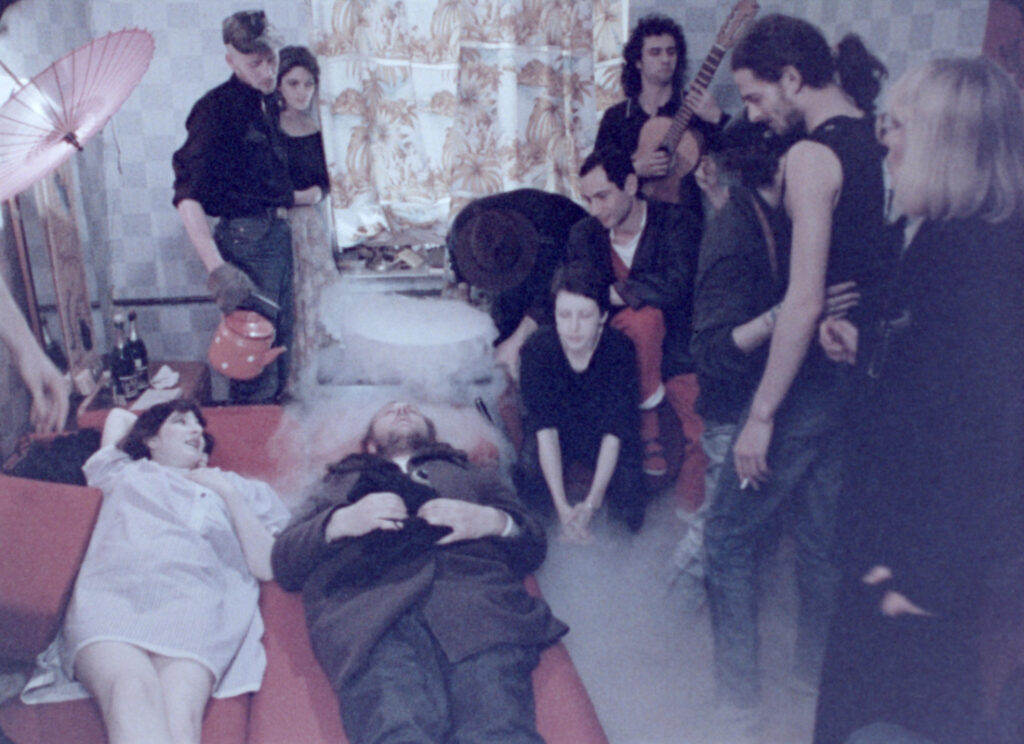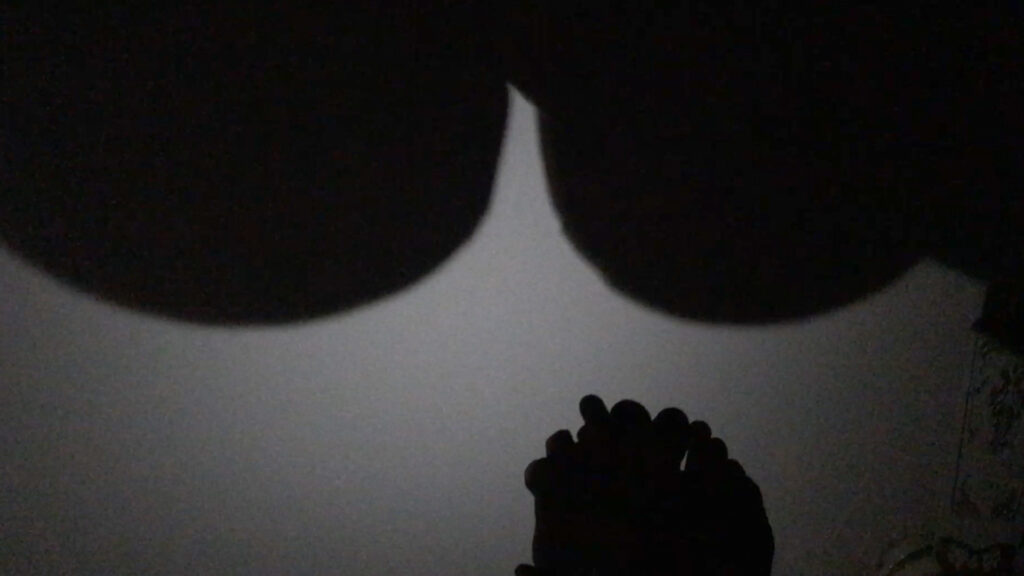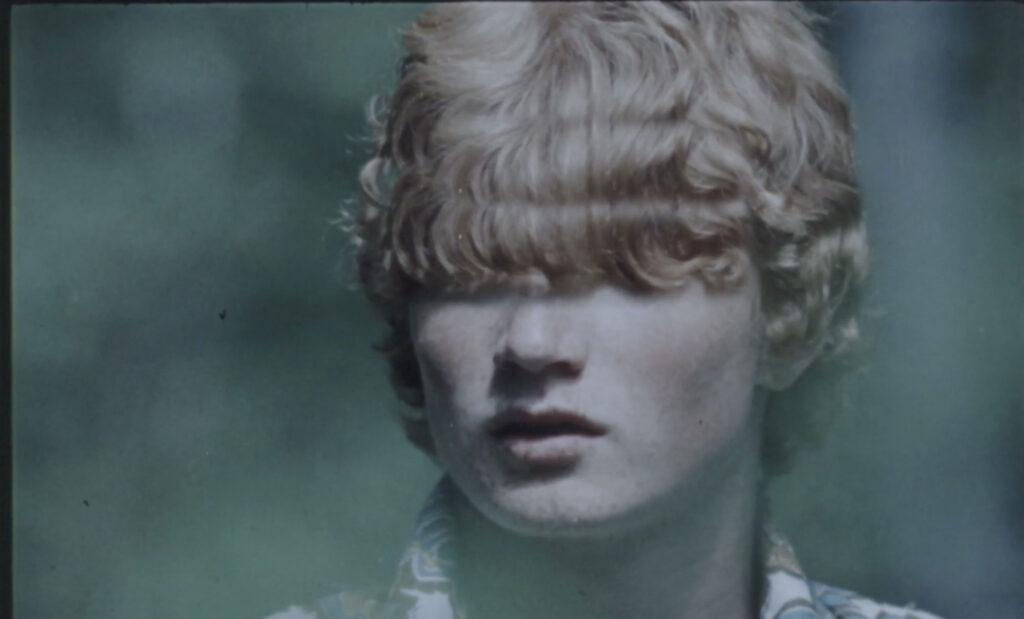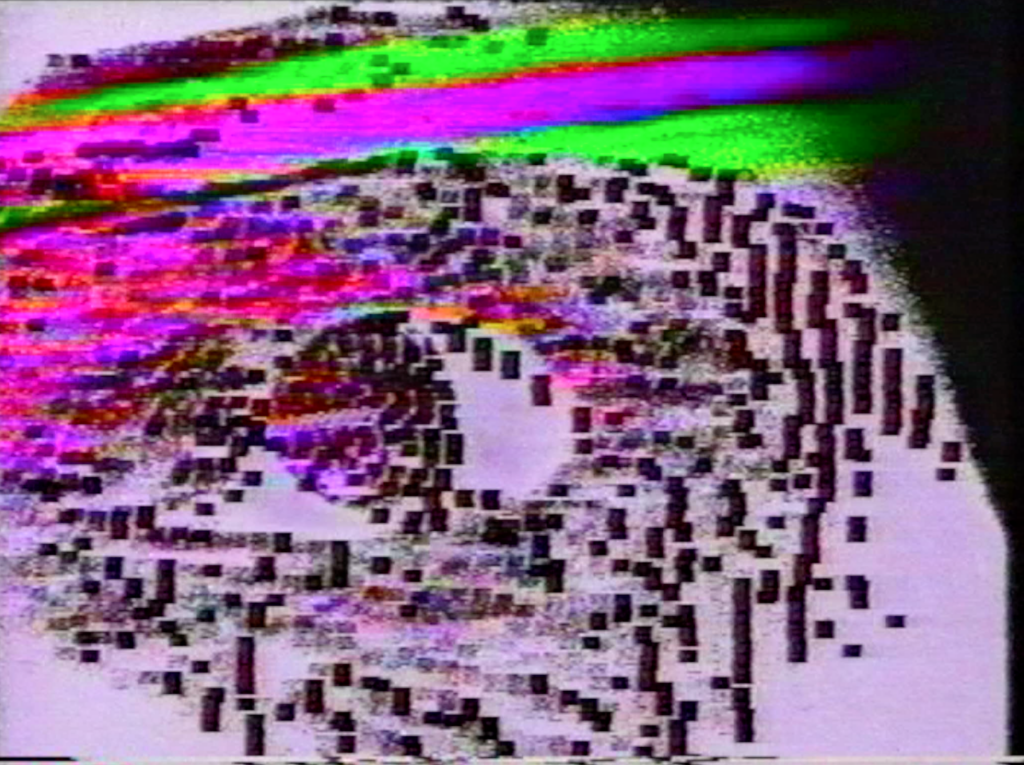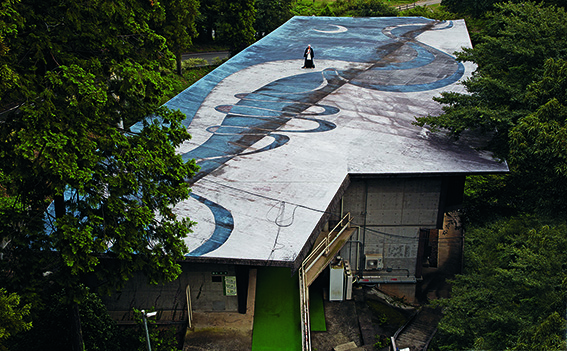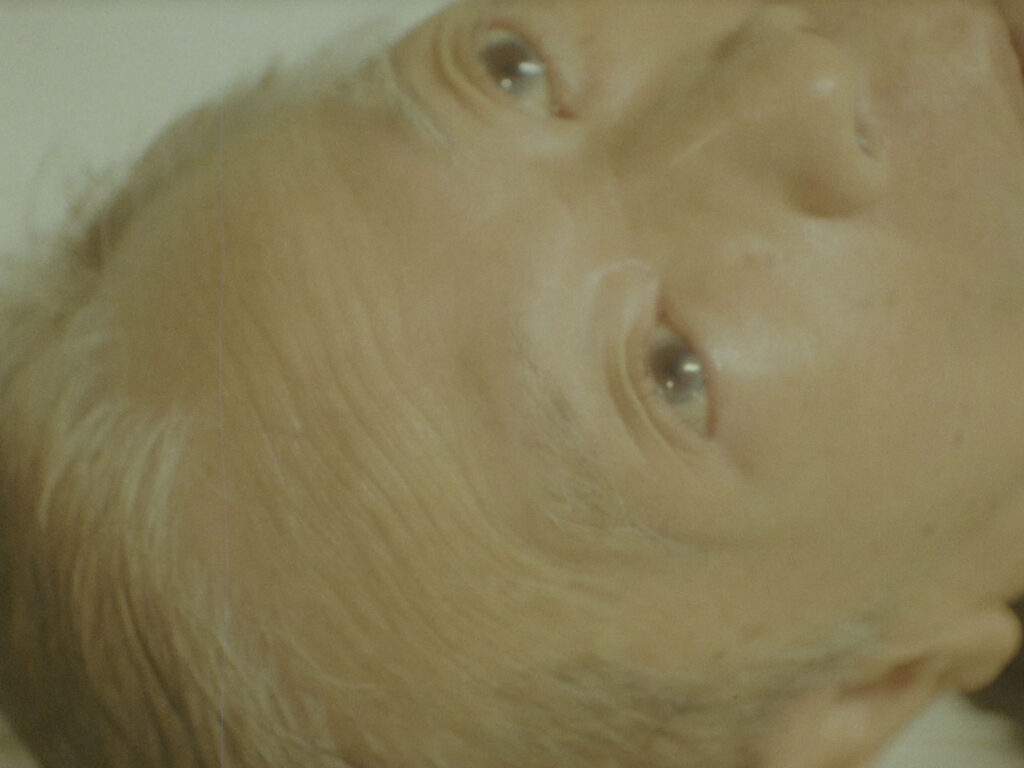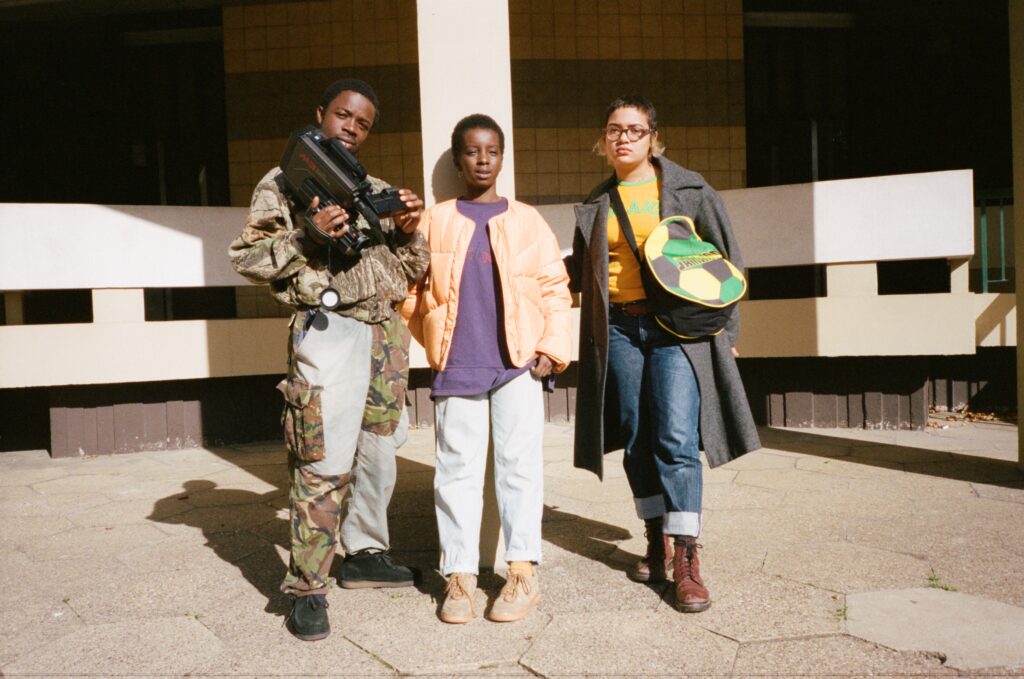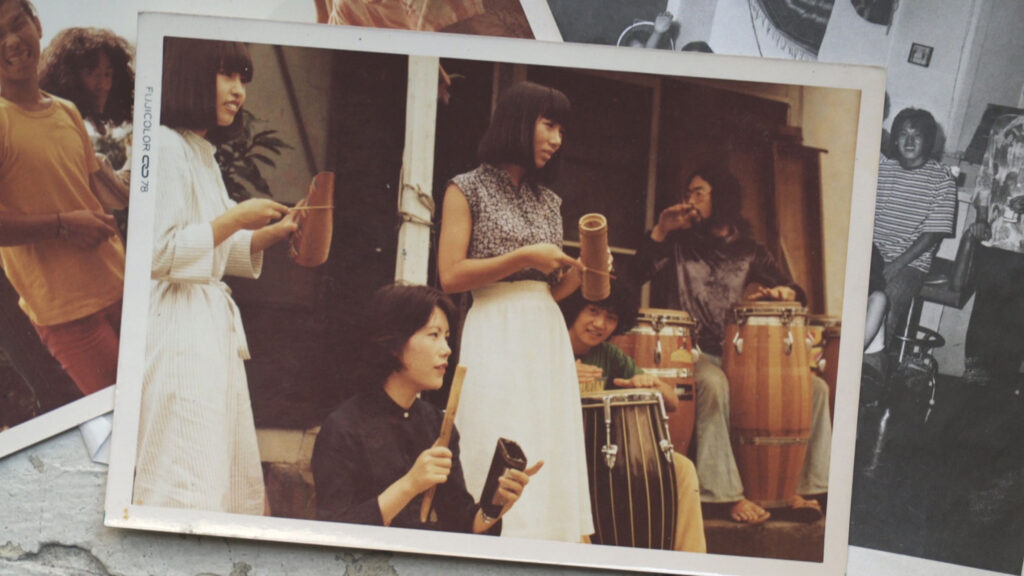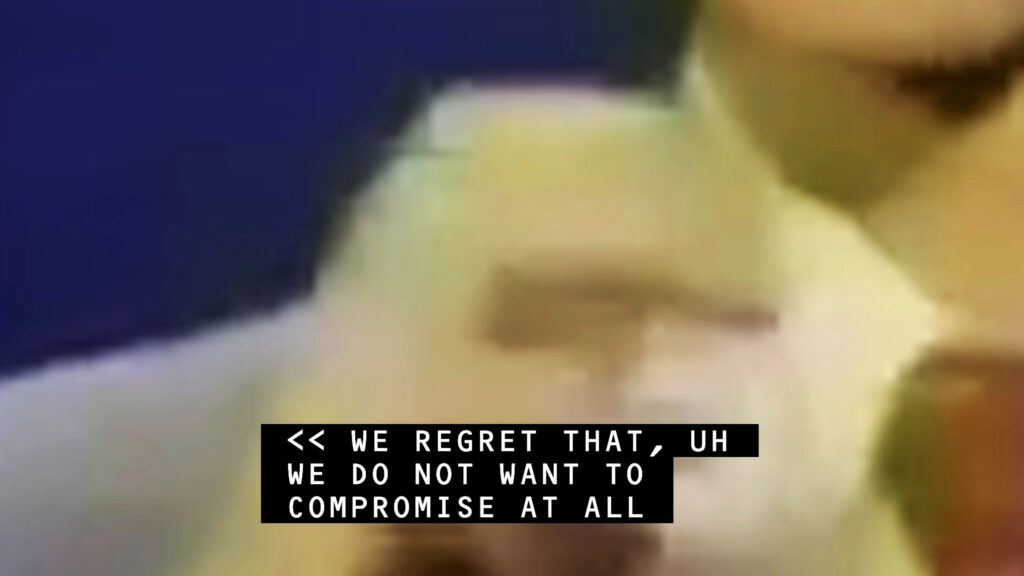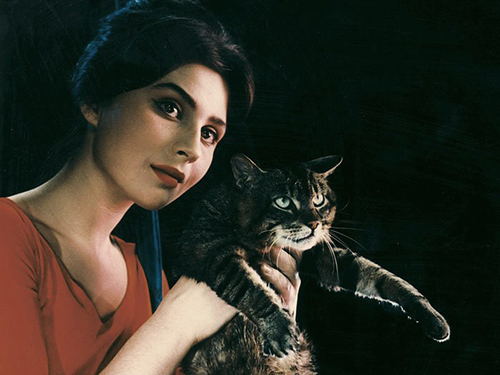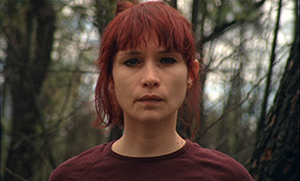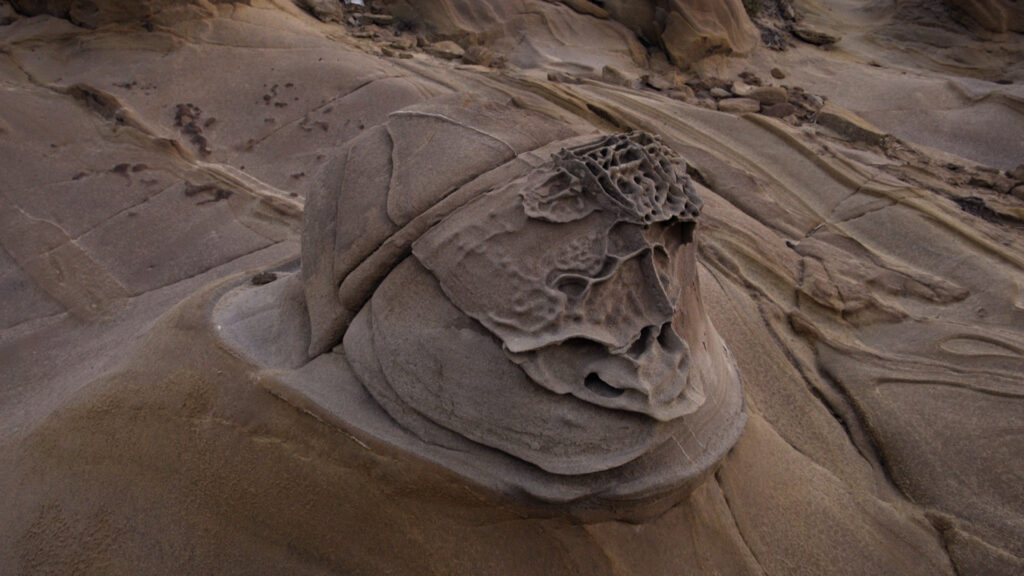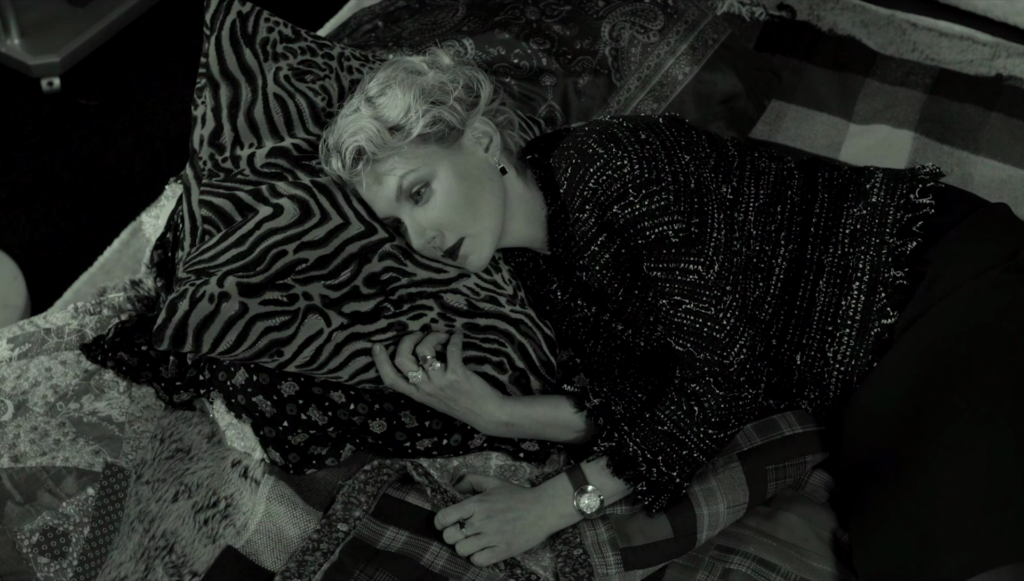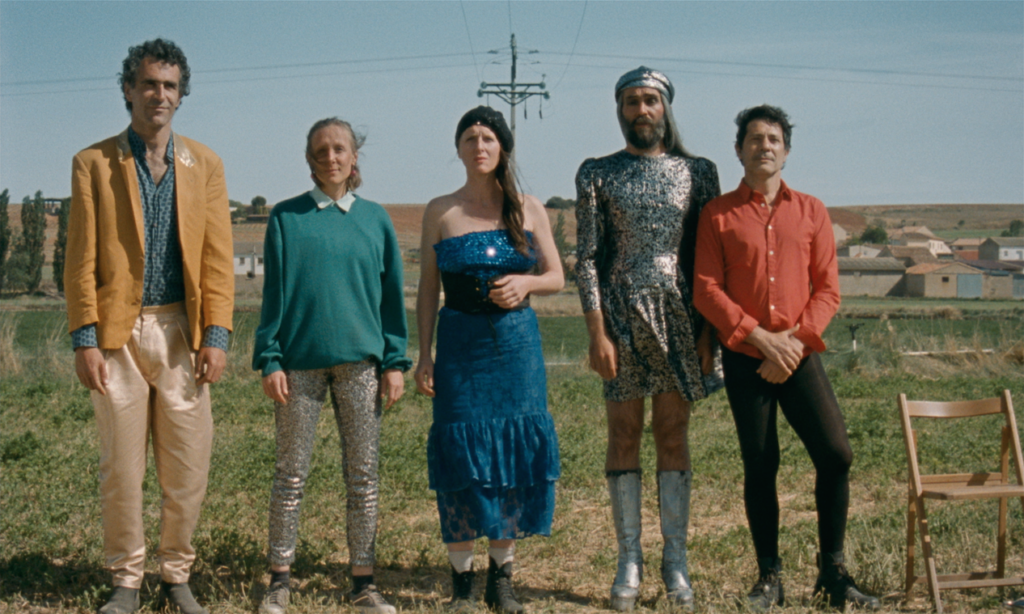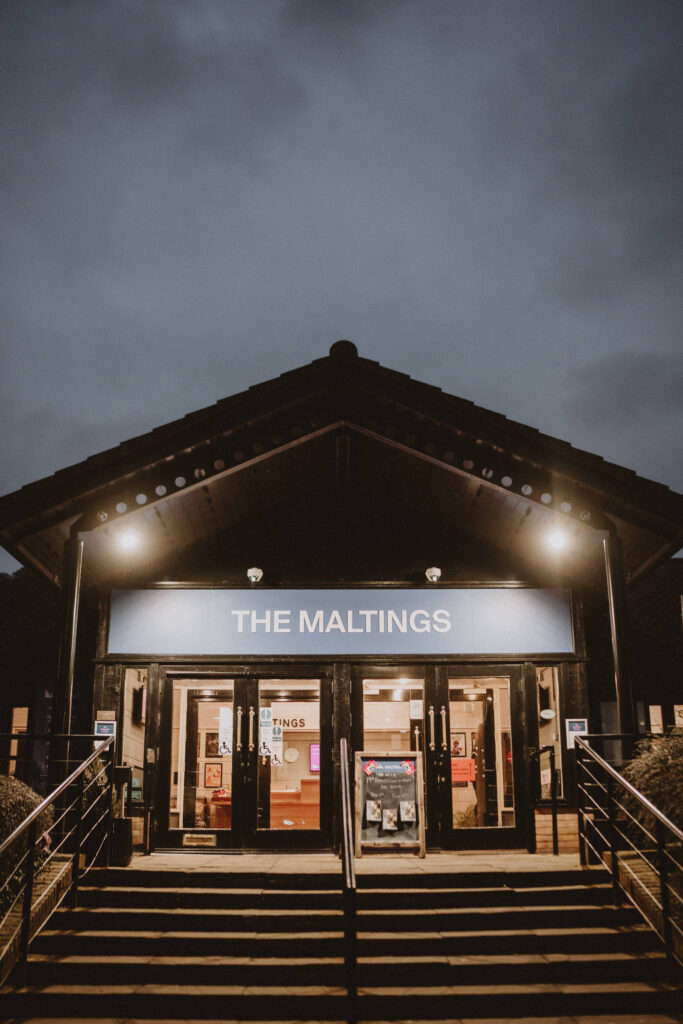
Maltings Main House
Located on Eastern Lane, The Maltings is the Festival’s main hub. The Main House is a traditional cinema with seating for over 300.
Secondary Schools are invited to bring students to watch a dedicated screening of short films from our Fantastika series, introduced by BFMAF Associate Programmer Herb Shellenberger.
Kira Muratova’s first solo feature is a beautifully unfolding love triangle: a roaming geologist, played by cult folk singer Vladimir Vysotsky, the USSR’s equivalent of Bob Dylan; his wife Valentina who can’t stand her work; and a woman who arrives at her doorstep, his lover, Nina Ruslanova in her first film role.
Holy Days pictures a strange ballet of both human and non-human animals in a rural landscape. The film opens with a man digging his own grave, only to soon find solace in a mysterious companion.
Films by Deborah Stratman, Patrick Staff, Philbert Aimé Mbabazi Sharangabo, Lesley-Anne Cao, Chema García Ibarra & Ion de Sosa
‘Lazy Girl’ is an emblem of refusal. Like Hammer and Deren she moves to her own rhythm, turning resistance into art. So did Eric, a singular figure whose “proto-practice” was poetry—but he ran out of time. Marx said all politics reduces itself to the politics of time; too bad this leisurely splash in Montánchez is hardly a refusal of capitalism’s tempo but let’s kill time before it kills us.
After a devastating earthquake, Nga, an old elephant and probably the last of its species, and Sanra his mahout are about to embark on a journey to find the mythical elephant’s graveyard. A group of poachers follow them closely, while a journey of discovery and mourning starts. The viewer becomes the protagonist on a sonic trip into the cemetery and beyond.
Q&A with filmmaker Carlos Casas
UK premiere of Cemetery presented jointly by BFMAF and Tate Modern
Yevgeniya, a divorced mother, is very devoted to her only son, Sasha. When she lets him vacation with his father, he comes back a changed person and tells her that he does not want to live with her anymore, and wishes to move to Novosibirsk. As a portrait of a woman unravelled, this film forms a diptych with Brief Encounters. Both are shot in achingly poetic black-and-white. Both are about the nature of romance, even if it’s a romance between mother and son, which Muratova proposes as a metaphor for any male-female relationship. Finally, both films are astonishing portraits of unconventional women, and the pain of yearning, impulsive, irrational loves.
Marwa Arsanios’ Who Is Afraid of Ideology? focuses on ecology, feminism, social organization, nation-building, war and economic struggle. In its formal construction, the film lays bare some of the documentary form’s devices to create a record of shared living and organising— voiced by those within, and in proximity to, the communities documented. Arsanios presents us with two radical women’s movements and their means of survival as a possible solution to the degradation of the commons and the destruction of the earth.
Q&A with Marwa Arsanios
Films by Steve Reinke, Onyeka Igwe, Rajee Samarasinghe and Ja’Tovia Gary
From Harlem to Giverny, patrilineal tales to Artaud, nature will give way to febrile artifice. What dizzying force is this—throwing us between opposites: deafening silence vs. slide-projector clicks; glitch-y celluloid vs. HD; projected futures pressed up against the archive? But there’s calm around the corner—a reprieve from the chaos of subjection. “Can I live?”, one voice enquires, rhetorically. Consider how the subtext to our fervid biopolitical project.
Q&A with filmmakers Steve Reinke and Onyeka Igwe
Getting to Know the Big Wide World, the chef d’oeuvre of the young Muratova, transforms a conventional love triangle (two men, one woman, all construction workers) into a vividly elusive poem on the origin and inexplicability of love. Through ordinary ‘Soviet’ characters she reveals expressive individuals, transforming the industrial construction site into a tender scene of unspoken tragedies.
This adults-only screening pairs two erotic fairytales by women artists. Niki de Saint Phalle’s rarely-screened 1976 feature Un rêve plus long que la nuit is a fairytale trip through the female erotic psyche. Young Camelia, searching for the meaning of life, death and love, finds herself transported to such unpredictable settings as a dreamlike orgy or a raging battlefield. Mari Terashima’s 1989 short Hatsukoi is a silent, gestural film of gothic symbolism, a story of first love that never comes true.
A distraught widow who has just buried her husband is about to destroy everything and everybody, but mainly herself. An exhausted man tries to find an escape from his daily chaos and routine in perpetual sleep. While their paths don’t really cross, the film implies they both suffer from the titular syndrome—a weakness, enervation, fatigue that is equally concrete and allegorical.
Films by Dani ReStack & Sheilah ReStack, Cooper Battersby & Emily Vey Duke, Adam Khalil, Zack Khalil & Jackson Polys, Anya Tsyrlina & Sid Iandovka and Heidrun Holzfeind
History is what’s happening. It’s constantly unfurling never static and always in flux. Rather than being resigned to it, it’s incumbent upon us to shape and mould it into the gooey, slimy substance that we want our world to resemble. The time is now, the place is everywhere, all at once…
Q&A with filmmakers Emily Vey Duke, Anya Tsyrlina & Sid Iandovka and Heidrun Holzfeind
Films by Miko Revereza, Ayo Akingbade, Daisuke Kosugi and Jenny Brady
Ricocheting from point to point, this might lead to discovering new people, ideas and forms of communication, breeching familiar spaces, close and far. Or is it perhaps the eternal return, reconnecting us with family, compatriots or community?
Q&A with filmmakers Miko Revereza, Ayo Akingbade, Daisuke Kosugi and Jenny Brady
The Halt is set in a phantasmagoric dystopian future where madmen control Manila after massive volcanic eruptions have plunged Southeast Asia into darkness. Berlin, Venice and Locarno award-winning director Lav Diaz’s latest film is a potent sci-fi epic. Holding a mirror to present-day despots and invasive surveillance, it concentrates power in the hands of a solitary young woman. Spinning a tale that urges recovery from collective cultural amnesia, The Halt is an immersive and truly one-of-a-kind experience.
Introduction by filmmaker Lav Diaz
There will be a 15 minute interval during the screening
When the Cat Comes is one of the more quietly subversive films of the Czechoslovak New Wave, and its visual flair, storybook fantasy and absurd humour make it fun for viewers of all ages. The film won the Cannes Special Jury Prize in 1963 thanks to the winning combination of director Vojtěch Jasný, writer Jirí Brdecka—known for his collaborations with animator Jirí Trnka—and lead actor Jan Werich, writing his own dialogue in the dual role of Comrade Oliva and the Magician.
Films by Leonor Noivo and Elise Florenty & Marcel Türkowsky
No human is an island. Two short films of grand vision—and great difference—follow their lone protagonists as they negotiate between inner and outer worlds. From the barren but hauntingly militaristic island of Lemnos to a verdant Portuguese forest, both humans rearrange fugitive blocks of cunning and experience to find their point of view.
Q&A with filmmakers Leonor Noivo, Elise Florenty and Marcel Türkowsky
A woman is paid a surprise visit by her long-forgotten classmate, who needs her advice: should he choose a wife or a lover? An outrageously burlesque mise-en-scène is repeated many times over, each in a different setting and performed by new actors. While the viewer doesn’t immediately recognise this, the scenes are screen tests with various actors. Towards the finale, Muratova employs a trick: the black-and-white images are disrupted and the film continues in colour. In the screening room, the producer and a potential investor, a sugar magnate, discuss the material of the uncompleted film. The director has died and there is no money to finish the movie. Muratova asked the big stars of Russian cinema and stage (including Renata Litvinova, Oleg Tabakov and Alla Demidova) as well as the amateur actors from her previous films to collaborate on Eternal Homecoming, exploring the possibilities of aesthetic transformations between past and present.
The Great Indomitable Circus prepares the premiere of their new performance ‘Rights of Man’. Setting up tent in a sleepy northern Spanish town, they devise changes in the style of their show. But their days become mired in meandering vaudevillian arguments, analysing the grandeur of the landscape, the simplicity of the native architecture or the quality of each other’s performances. After much back-and-forth, they end up sticking to their original script.
Introduction by filmmaker Juan Rodrigañez
The film will be preceded by the 2019 Berwick New Cinema Competition award presentation


